Purpose Brasil Fights for Climate with Two Campaigns in Amazon Region
August 9, 2021
The Amazon plays a central role in relation to the climate agenda and the challenges we will have in the face of climate emergency and its economic and social developments. With this in mind, Purpose Brasil’s Climate Lab launched two more projects focused on the Amazon region, Mães do Mangue and the Iara Accelerator.
Mothers of the Mangrove
The protagonists of this campaign are the women who live and work in the mangroves of the Amazon coast of Pará, a Brazilian state that has the largest continuous area of mangroves on the planet.
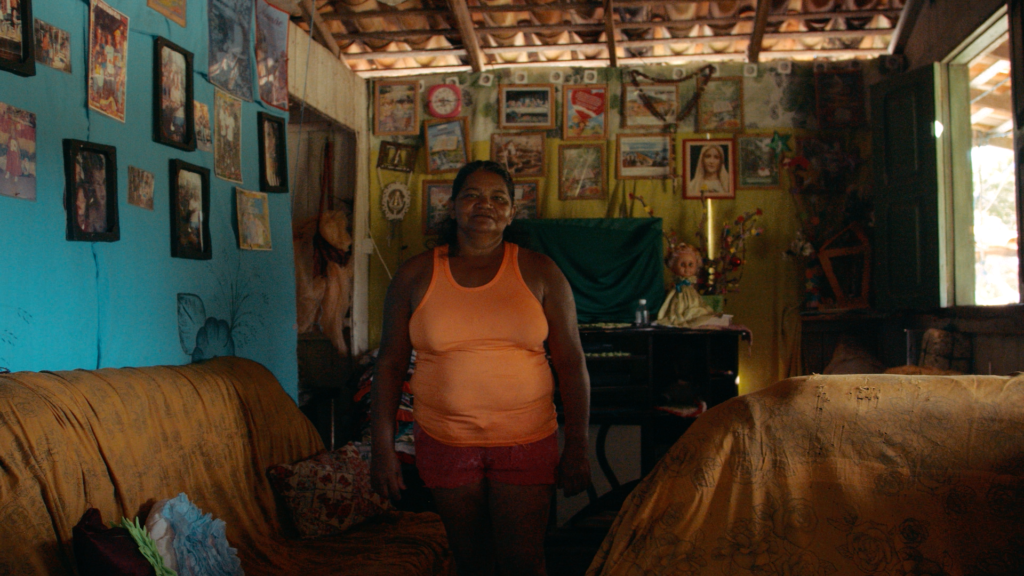

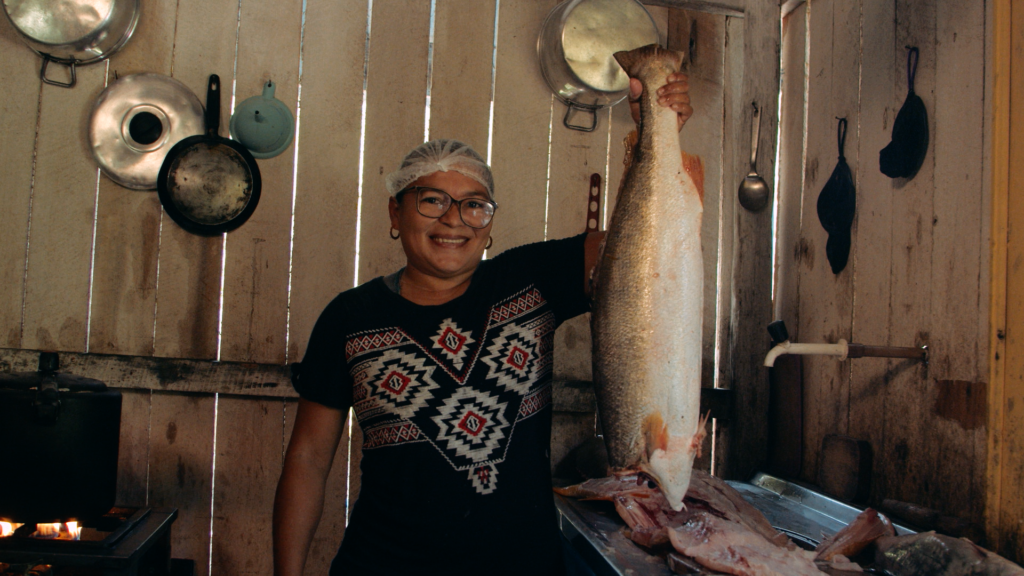
“Mothers of the Mangrove” follows the lives of the women who have roots in the mangroves and work there, with a deep sense of pride and belonging in the ecosystem. These women are guardians of the land, working as artisanal fishers, all while inspiring the protection of this ecosystem, leading the fight for conservation, and making the river banks and coastal areas an epicenter of creation and life for future generations.
From July to September, we will run a mini documentary series, informative pieces and the publication of the e-book “Cozinha da Maré.”
The campaign brings together the experiences of mangrove guardians, proposing sustainable solutions and actions to care for our mangroves. The campaign is developed by Purpose, Rare, the National Commission for the Strengthening of Coastal and Marine Extractive Reserves (Confrem) and Associations of Users of Coastal and Marine Extractive Reserves (AUREMs.)
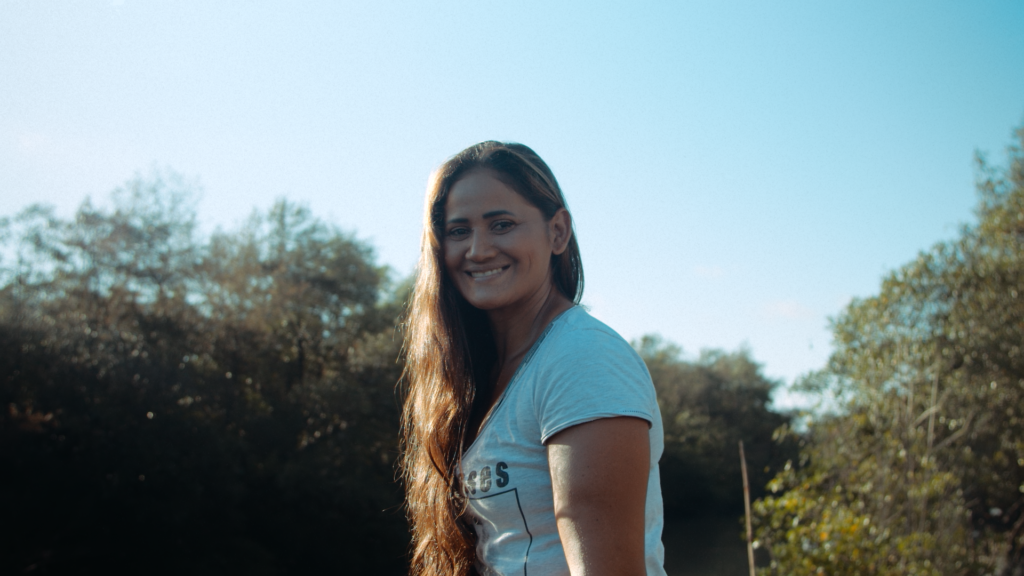
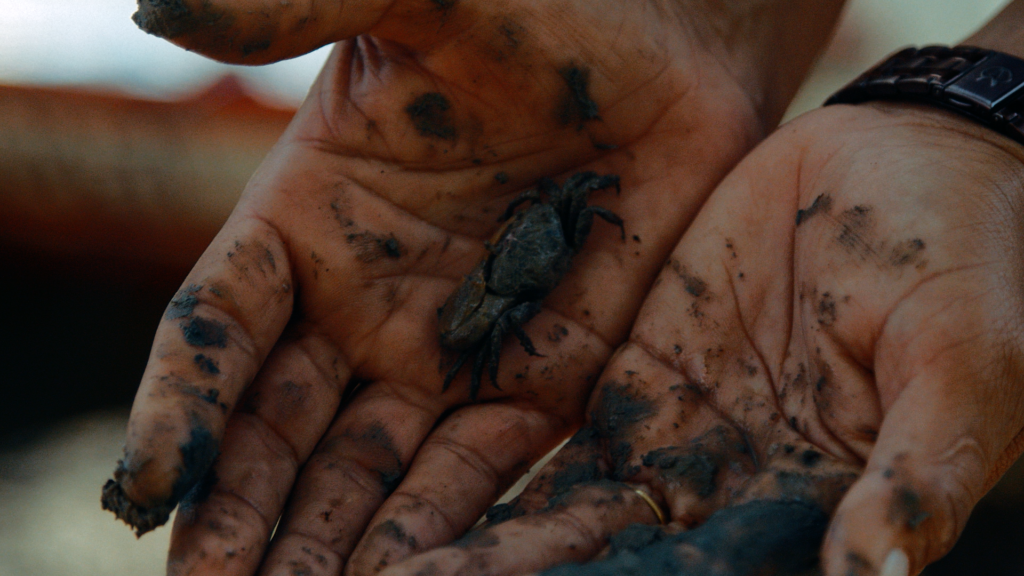
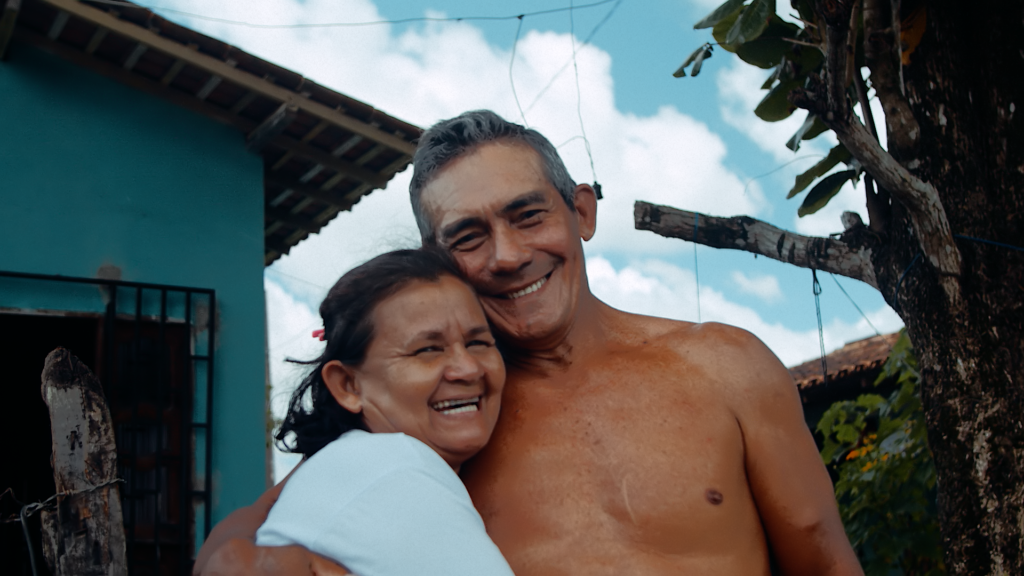
Iara Acceleration
IARA is an acceleration program created to strengthen collectives and activist organizations in Pará that work with sanitation, mobility, strengthening the standing forest economy, and territorial defense, supporting them to get their projects off the ground and mobilize Pará citizens for change.
In a three-month program, the project will support up to eight collectives and organizations with R$35,000, with mentoring and workshops on building impact campaigns and with mentoring and workshops on organizational development.
The call for proposals received over 100 applications from 17 cities in Pará, the majority from Belém, Santarém, and Barcarena, and of these, 70% were from collectives.
We selected eight finalist collectives:
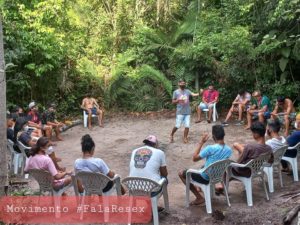
Young Tapajonic People
The Tapajonic Youth Collective is a group that multiplies information and training to discuss problems associated with environmental causes, supports youth initiatives, and is an opportunity to get to know the territories. The group works with tools that allow citizens to organize themselves to work on issues such as the environment, gender, and culture within their communities.
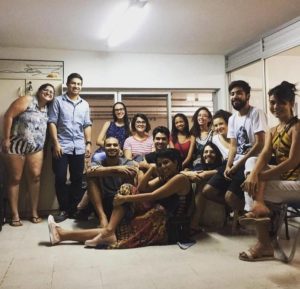
City Lab
The City Lab (LdC) is a non-profit organization whose mission is to rethink cities, their dynamics and transformations, aiming at more human, democratic, resilient and sustainable cities. It is a Think & Do Tank, a factory of ideas and practices, which seeks to contribute to a new way of acting politically, adopting initiatives that can strengthen the democratic process through the participation of society as a strategy for innovation in problem solving and definition of public policies. The organization works with urban interventions, mobilization, awareness raising, communication, advocacy, and a lot of collaboration.
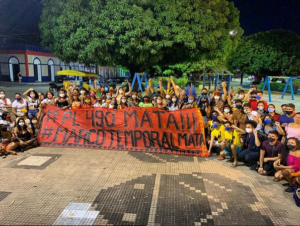
Tapajós de Fato
The Coletivo Tapajós de Fato has as one of its main objectives to give protagonism to those who were born and live in the Lower Amazon/Tapajós. The group currently counts on volunteer correspondents in six cities to tell their stories and their perceptions about the region. Since it was formed, it has always been guided by the construction of a network in which all segments, movements and populations could have their voices echoed, without necessarily having a bridge or a figure from outside this reality. So that those who live and know the Amazonian daily life can express all this social yearning. There is a construction of this debate together with other collectives and organizations, but the collaborative construction happens mainly through direct contact with popular communicators from the base, from the territories that need this improved and directed look to build, day by day, the best strategy for the defense of their territories and their way of life.
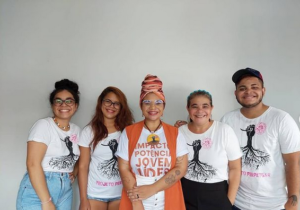
Perpetuar Project
The Perpetuar Project is a collective initiative to strengthen quilombola identities, ancestry, and territoriality, based on the construction of a popular education and resistance, the struggle for quilombola education, and the promotion of health through art and culture. The Project believes in Free Territory and fights for the Good Life. Perpetuar is inspired by Osvaldina Valadares, “Dona Perpétua”. Quilombola woman, farmer, and storyteller, she was a great Griô of the Quilombo of Jacunday. It is a cry of R-existence and aquilombamento. The group works in the Quilombo Oxalá of Jacunday, in the Quilombola Territory of Jambuaçu.
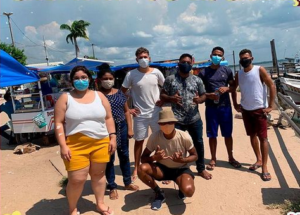 Marajó Observatory
Marajó Observatory
The Marajó Observatory is a citizen observatory that works to strengthen the civic space of the 16 municipalities of Marajó Island, using data, best practices references and mobilization methodologies to build social technologies that local leaders can use to produce concrete commitments and more ambitious and efficient public policies to combat local practices that lead to the socio-environmental crisis, the climate emergency and its impacts in the region. His theory of change takes as its starting point collective wisdom, data, and different participatory methodologies to build tools that leverage the strategies of Marajó’s traditional leaders to build fairer policies.
 Miri Collective
Miri Collective
The Miri collective is a collective of young people from the Itaqui agrovillage, concerned about the future and committed to the natural resources of the territory. It began its activities in 2018 with presentations of boi bumbá and other folk dances, which soon awakened the need to fight for other agendas beyond the appreciation and rescue of local culture. The collective seeks to transform the territory through education, art, culture, and the environment, proposing more harmonious relations with the waters, the forests, the production and production of healthy food, and among people as a whole. Its members meet to discuss, elaborate, and carry out concrete actions within the community, understanding them as fundamental in the process of building effective changes in the lives of the community’s population in search of sustainable rural development.
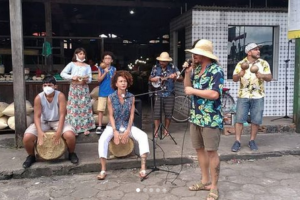 The Tamuatás do Tucunduba Carimbó Collective
The Tamuatás do Tucunduba Carimbó Collective
The Carimbó Group, besides cultural presentations, develops socio-cultural and educational actions in the periphery of Belém, in the Terra Firme neighborhood. The group brings in its poetic presentations that help to reflect about the socio-environmental problems that are pertinent to the daily life of the people who are vulnerable in the lowland areas, affected by violence, lack of basic sanitation, and lack of leisure spaces. The actions we develop, in great part, are carried out through partnerships with several collectives that work on the right to culture, education, housing, and basic sanitation.
for Equity & Evidence